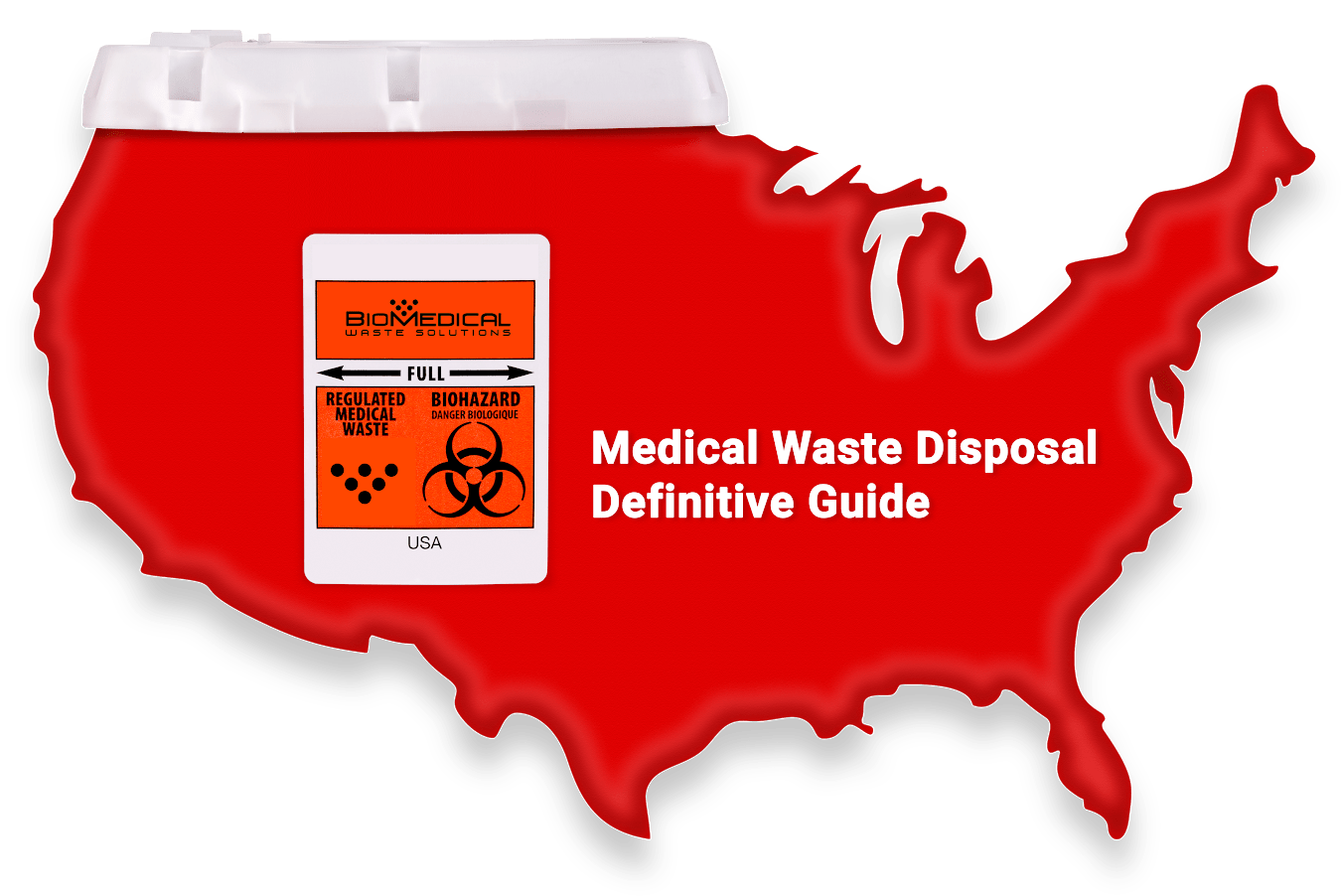The Relevance of Appropriate Garbage Disposal Practices
The management of waste is a vital aspect of ecological stewardship that typically goes unnoticed in our lives. Appropriate waste disposal practices are not simply a matter of ease yet are vital for safeguarding our ecosystems and public wellness. From the repercussions of inappropriate waste disposal on our setting to the long-lasting effects for future generations, the importance of taking on sustainable waste management techniques can not be overstated. By checking out the ecological effect of careless waste disposal, the advantages of reusing initiatives, and the value of community interaction in waste decrease efforts, a deeper understanding of why correct waste disposal methods are essential emerges.
Environmental Effect of Improper Disposal
Inappropriate disposal of waste postures a significant threat to the atmosphere because of its destructive results on ecosystems and human health. When waste is not appropriately handled, it can lead to pollution of the dirt, water, and air, triggering harm to various plant and animal species. click here. Chemicals and toxic substances from incorrectly disposed waste can seep into the ground, contaminating groundwater sources and influencing the wellness of both wild animals and people
Furthermore, the buildup of waste in land fills creates greenhouse gases like methane, contributing to environment adjustment and international warming. Inappropriate disposal methods also cause littering, which not just weakens the visual worth of the atmosphere but can additionally hurt wild animals through ingestion or complication.
To alleviate these environmental influences, it is vital for individuals and neighborhoods to embrace correct waste disposal practices such as recycling, composting, and liable contaminated materials disposal. By taking these steps, we can aid protect ecosystems, protect natural deposits, and guard human health and wellness for future and present generations.
Advantages of Recycling Programs
On a regular basis participating in recycling programs provides many benefits for both the setting and culture as a whole. This conservation of sources not just aids in maintaining ecological balance however also contributes to sustainable development.
Furthermore, recycling plays a critical function in lowering power consumption and greenhouse gas exhausts. The manufacturing of items from recycled products typically needs less energy contrasted to manufacturing from virgin resources - medical waste disposal. Because of this, the carbon impact connected with the production process is considerably decreased, assisting in the battle against climate adjustment
In addition, recycling programs create work chances in the reusing market, promoting economic growth and social welfare. By encouraging the recycling and reuse of materials, these programs support a circular economic climate that reduces waste generation and maximizes source effectiveness, inevitably causing a cleaner, greener future for generations to come.
Contaminated Materials Administration Standards
Carrying out effective hazardous waste monitoring guidelines is critical for lessening environmental and health and wellness threats connected with the improper disposal of hazardous products - click here. Correct handling, therapy, and disposal of hazardous waste are necessary to avoid contamination of dirt, water sources, and air
One secret standard appertains labeling of contaminated materials containers to guarantee secure handling and transportation. Furthermore, centers need to abide by stringent storage space requirements to avoid leaks, spills, or crashes that might jeopardize human health and the atmosphere. Normal training programs for employees on contaminated materials administration practices are also crucial to make certain compliance with policies and promote a society of safety and security.
Additionally, contaminated materials should be segregated based on its homes to stop chain reactions that could lead to harmful circumstances. Applying a comprehensive waste radar can help monitor the movement of hazardous materials from generation to disposal, ensuring transparency and accountability. By following these guidelines diligently, industries and services can add to a much safer and cleaner setting for future and present generations.
Community Involvement in Waste Decrease
To efficiently resolve the ecological and wellness dangers connected with contaminated materials administration, engaging the community in waste decrease efforts is vital. Community participation plays a crucial duty in promoting lasting waste administration practices and cultivating a society of environmental responsibility. By informing residents concerning appropriate waste partition, reusing, and composting techniques, areas can substantially minimize the quantity of waste sent out to landfills, therefore lessening ecological pollution and preserving natural sources.
Community involvement in waste reduction programs also aids in increasing recognition about the relevance of waste minimization and urges people to adopt environmentally friendly behaviors in their every day lives - medical waste removal service. Joint initiatives in between regional authorities, waste monitoring companies, and neighborhood members can lead to the application of reliable waste decrease methods tailored to the certain requirements of each area or community
Moreover, area involvement fosters a sense of possession and accountability among homeowners, encouraging them to take aggressive steps towards minimizing waste generation and advertising a cleaner, much healthier setting for present and future generations. By collaborating towards common waste reduction goals, neighborhoods can make a substantial influence on minimizing the damaging results of improper garbage disposal techniques.

Future of Sustainable Waste Practices
The advancement of sustainable waste techniques is crucial for progressing ecological stewardship and resource preservation in the coming years. As the worldwide population remains to grow, so does the quantity of waste produced (medical waste disposal). Conventional garbage disposal techniques, such as landfilling and incineration, are no much longer lasting in the long term because of their considerable environmental effects. Progressing, the future of sustainable waste methods depends on embracing a circular economic situation strategy, where sources are recycled, reused, or repurposed to decrease waste generation.
Technological innovations play a crucial role fit the future of lasting waste methods. Advanced waste sorting and reusing modern technologies can assist boost the performance of waste management processes, permitting for the recovery of important sources from waste streams. In addition, the fostering of biodegradable products and composting approaches can help minimize the amount of organic waste winding up in land fills, consequently alleviating greenhouse gas exhausts.
In addition, advertising consumer awareness and education on correct waste segregation and disposal practices is important for driving behavior change in the direction of sustainability. By cultivating a society of waste decrease, recycling, and reuse, communities can jointly add to a cleaner and much healthier atmosphere for future generations.

Final Thought
Finally, proper garbage disposal methods are essential for lessening ecological impact and advertising sustainability. By executing recycling programs, handling contaminated materials appropriately, and motivating neighborhood participation in waste decrease efforts, we can function in the direction of a cleaner and healthier setting. It is vital for individuals, services, and governments to prioritize sustainable waste practices for the future health of our earth.

From the consequences of incorrect waste disposal on our environment to the lasting effects for future generations, the significance of taking on sustainable waste administration practices can not be overemphasized. By checking out the environmental influence of irresponsible waste disposal, the advantages of reusing efforts, and the relevance of community engagement in waste reduction efforts, a much deeper understanding of why correct waste disposal methods are important emerges.
By enlightening citizens concerning appropriate waste partition, recycling, and composting methods, communities can considerably decrease the amount of waste sent to garbage dumps, thus lessening ecological air pollution and conserving all-natural sources. (click here)
Moving onward, the future of sustainable waste practices lies in welcoming a circular economy technique, where visit homepage resources are reused, reused, or repurposed to lessen waste generation.
Advanced waste sorting and recycling modern technologies can aid enhance the effectiveness of waste management processes, enabling for the healing of beneficial sources from waste streams.
Comments on “Expertise Unleashed: Mastering the Art of Medical Waste Removal for Health Facilities”